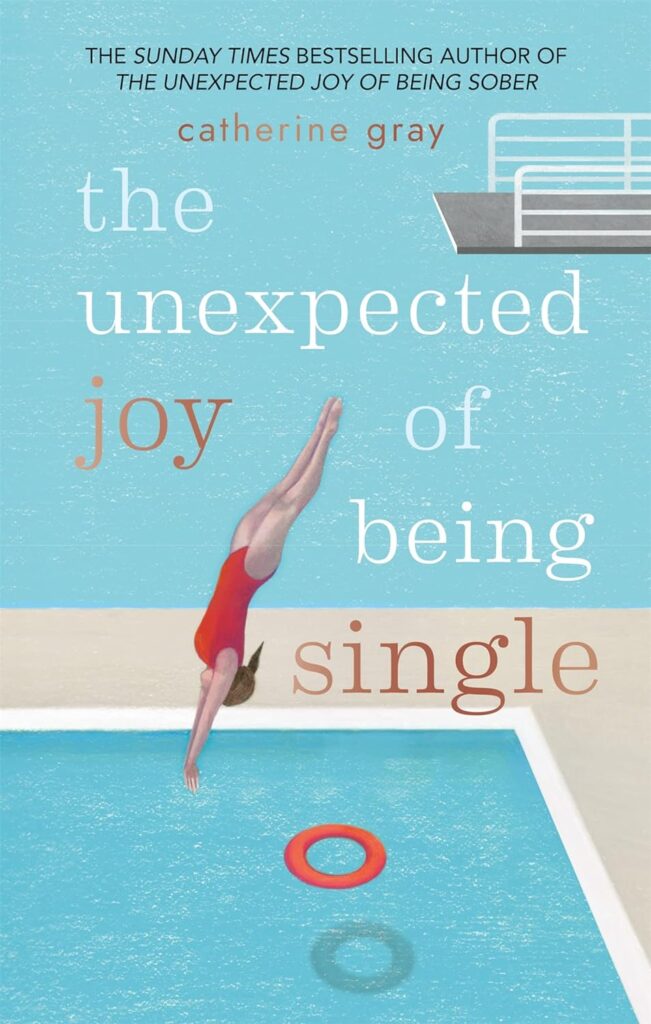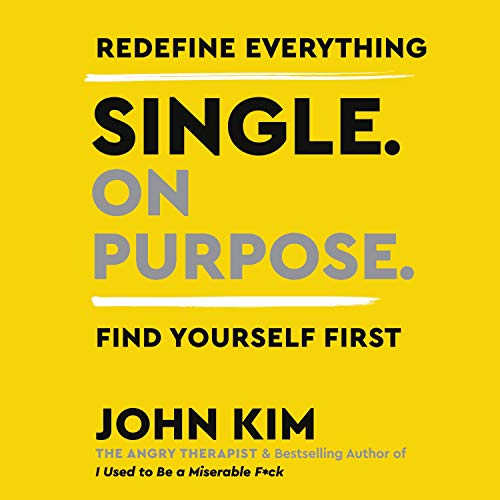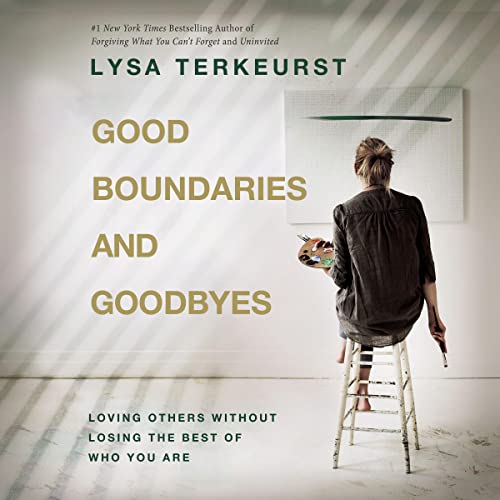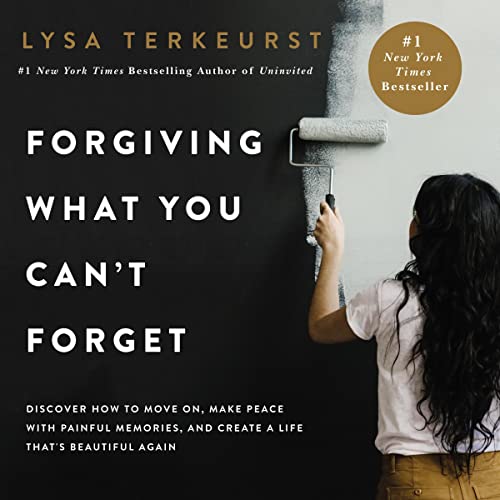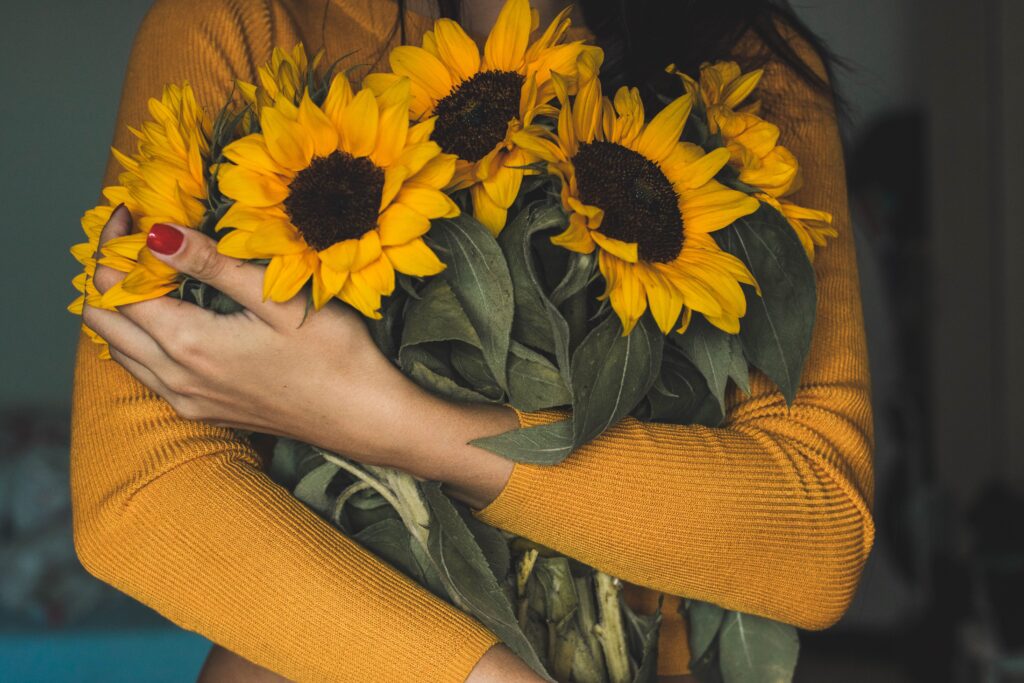You can buy yourself flowers: It’s OK to be single on Valentine’s Day!
The hearts and chocolates and romantic-themed gifts—from sexy red lingerie to weekend getaways for lovers—go on display mere days after Christmas. But as this celebration of twosomes permeates the Zeitgeist, for many people alone at this holiday through widow(er)hood, divorce or simple singleness, Cupid’s arrow can impart quite a sting.
Valentine’s Day is the second-most popular holiday after Christmas. According to the latest statistics on spending from the National Retail Federation, U.S. consumers spent a total of $23.9 billion on celebrating the occasion in 2022. Valentine’s Day may be just one day, but it highlights how unacceptable being single can seem in a culture that thrives on monetizing coupledom—and the emotional reverberations can be lasting.
Facing Valentine’s Day as a widow/er
Widow. It’s a word I never expected to become part of my nomenclature or my resume. Yet since my wife of 23 years died suddenly of cardiac arrest a week before Thanksgiving, that word has defined me; widowhood has touched every aspect of my life. I’ve written dozens of obituaries over my years as a journalist, but I never could have imagined my wife’s would be among them. I had been her first girlfriend in high school and I was her partner to her last breath when she died in our bed, me holding her hand.
The holidays were brutal. Thanksgiving was spent sobbing alone as I watched the Macy’s parade—something we always did together—while her family celebrated with a huge gathering mere minutes away, my own family across the country on the West Coast. Christmas Eve was so much worse. We always attended midnight Mass, then came home to romantic gifts and kisses by the fireplace. By Christmas Day the enormity of my life without her loomed large and empty and awful.
New Year’s was another gut punch. Then, finally, blessedly, the holidays were over.
Now Valentine’s Day awaits. She always brought me pale pink roses. I always got her designer chocolates. A painter, she made me Valentine’s Day cards, writing inside that I was the love of her life. My birthday falls exactly a week after Valentine’s Day, so February feels fraught. It’s still so soon since her death, that tears come easily and often.
Widowhood is more common than I thought—there are 12 million widows in the U.S. and 3.5 million widowers. Every day there are 2,850 new widows in the U.S. with the average age being 59. Nearly all the widows I have met since I began this journey are younger than I, some with stories equally catastrophic, some sadly anomalous. A colleague and friend was hit by a train riding his bike, leaving a spouse and kids.
A journalist I knew, but was not close to, tragically committed suicide, jumping off a bridge, leaving a spouse and kids. A new friend, a writer for a newspaper for which I wrote for 17 years, reached out to me on Twitter when my wife died to tell me how she survived—and is still navigating—widowhood, two years after her husband died of a sudden heart attack while they were on vacation.
Before becoming a widow myself, I had interviewed and reported on famous widows and widowers, notably Edie Windsor and Jim Obergefell, whose experiences of widow/erhood had led to the Supreme Court’s two crucial same-sex marriage rulings: United States v. Windsor in 2013 and Obergefell v. Hodges in 2015. I’ve followed José Rolón, Instagram’s @nycgaydad, on navigating widowerhood after his husband, Tim Merrell, died of a sudden heart attack while on a business trip. The couple’s son, Avery, was nine months old and their surrogate was 11 weeks pregnant with their twin daughters at the time. For nine years since, Rolón has been traversing single fatherhood alone.
I wrote about Windsor when she died and interviewed her widow, Judith Kasen Windsor, for the posthumous publication of Windsor’s memoir, A Wild and Precious Life. But outside of these very public activist widow/ers, when I sought help in my grief for my own lesbian widowhood, my research turned up two lesbian writers who wrote about marrying men after their wives died and another who divorced her wife and married a man after their baby died.
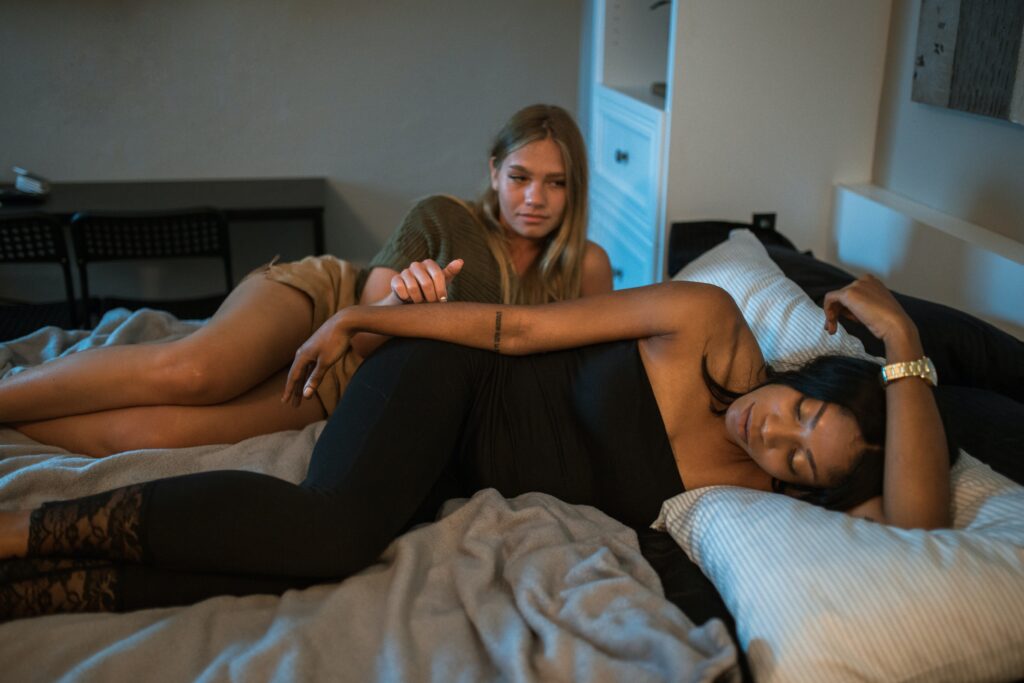
Divorces on the rise
Aging means inevitably we are likely to lose a partner, either through death or divorce. In the U.S., divorce is far more common than widow/erhood. The divorce rate in 2021 was estimated to be around 45% before Covid-19. By mid-2021, legal professionals charted an increase in divorce filings, attributed to restrictions being eased. Between 40% to 50% of marriages today will ultimately end in divorce. And since the 1990s, the divorce rate has doubled for people over 50. Women file for divorce twice as often as men—69% versus 31%. Sociological statistics suggest women have higher expectations of their partners.
One statistic showed the lesbian divorce rate is much higher than the divorce rate between gay men: in the same period on average 100 women and 45 men divorced per year (i.e., lesbian divorce rate = 14%, gay male divorce rate = 7%). A study tracking married couples over a 10 year span found lesbian marriages were most likely to end in divorce.
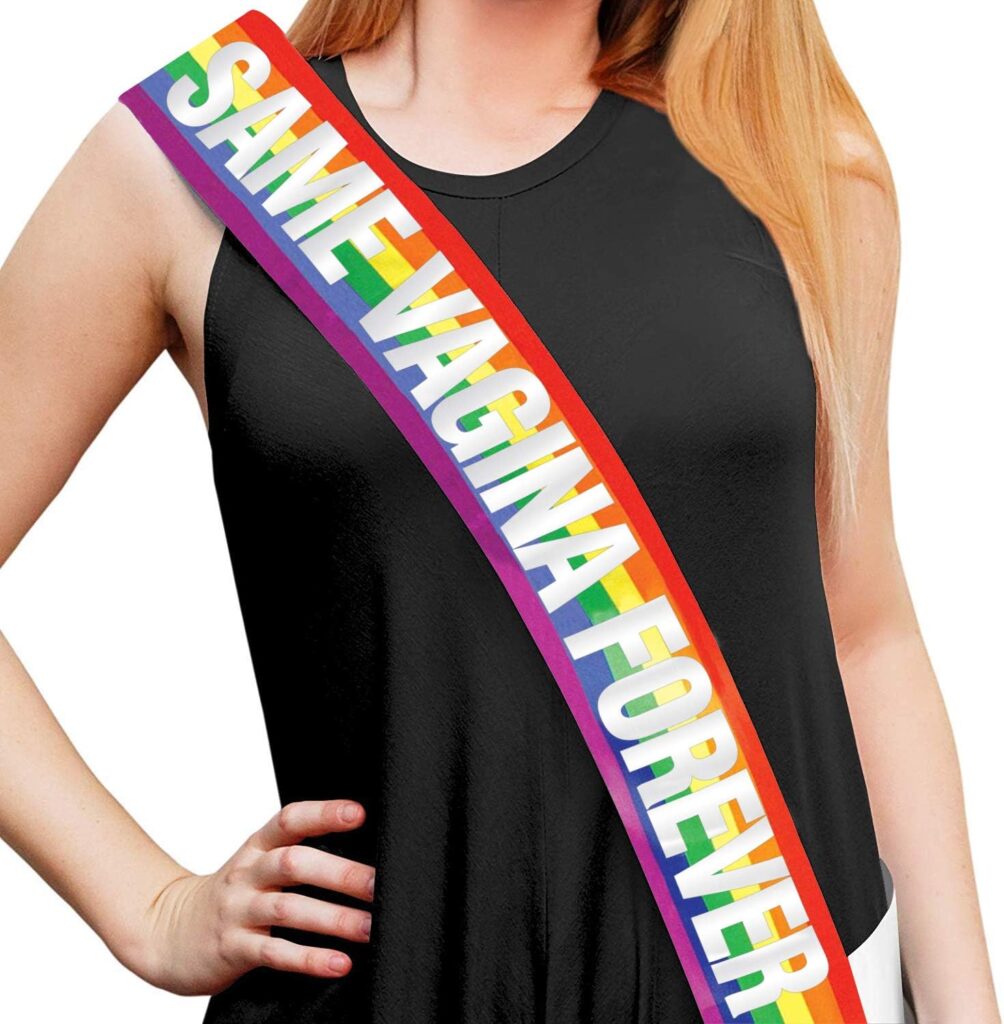
The top reasons for marriages dissolving remain the same across all strata: incompatibility and arguing, infidelity and money problems. Recently “The Cut” noted “The Rise of Divorce Registries,” and that divorces are becoming more final, with people choosing not to marry again—hence the divorce registries to replace what was lost to the marriage and to celebrate singlehood.
In November the New York Times highlighted how “As Gen X and Boomers Age, They Confront Living Alone”—coupledom being over or out of reach for many. The piece explains that “more older Americans are living by themselves than ever before,” through death and divorce, or never being partnered.
So shouldn’t we be prepared for that eventuality, which runs counterpoint to the hearts and flowers of the Valentine’s Day extravaganza? Not to doom-and-gloom celebrations of love, but outside of some extreme reality series, do we ever talk about divorce or widowhood? We do not. Why do we avoid this topic when ending up single is so common?
In October 2022, Marketwatch reported on the annual American Family Survey, which revealed that fewer Americans are married than ever before, with less than 50% of marriageable age being married. “The share of married Americans has fallen to 45%, down from 50% in 2015. At the same time, the share of Americans who are not in any romantic relationship rose to 37% from 32% over the same period.”
The percentage of people who were cohabiting remained steady at 11%; another 7% said they were in a relationship, but not cohabiting with their partner (down from 8% in 2015), the survey found.
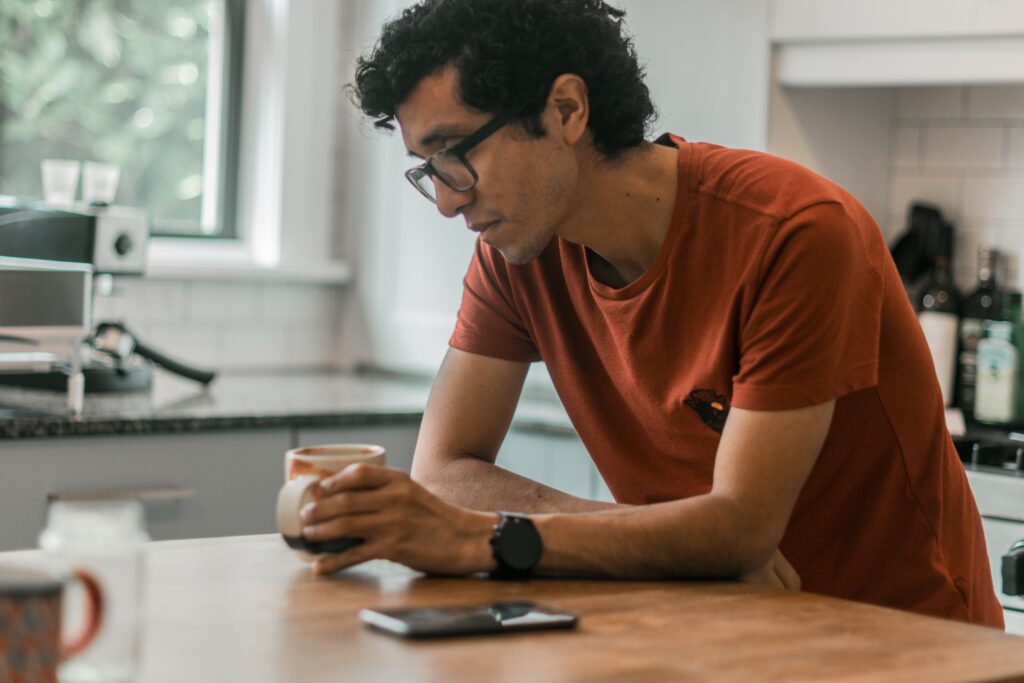
So if over a third of Americans are not in a romantic relationship, why does Valentine’s Day feel so oppressive if you are among that group—the quintessential FOMO?
Coping with the holiday
For those of us whose partners have died, holidays magnify our loss. All the intimacies of a marriage, from the inside jokes to the impromptu kisses, are now lost forever. Knowing other couples are sharing that when you cannot is a gut punch.
For divorced people—even if that split was your choice and even if it’s not fresh—the superabundance of TV ads (which now include gay and lesbian couples) sharing romantic moments and sparkling jewelry or sparkling wine can be a reminder of when things were better and love was new and exciting, not the ending that was acrimonious and fraught.
So what do we do? How do we prepare ourselves not just for the day itself but for what it trumpets: Love that we have lost through death or divorce or that we have never had at all?
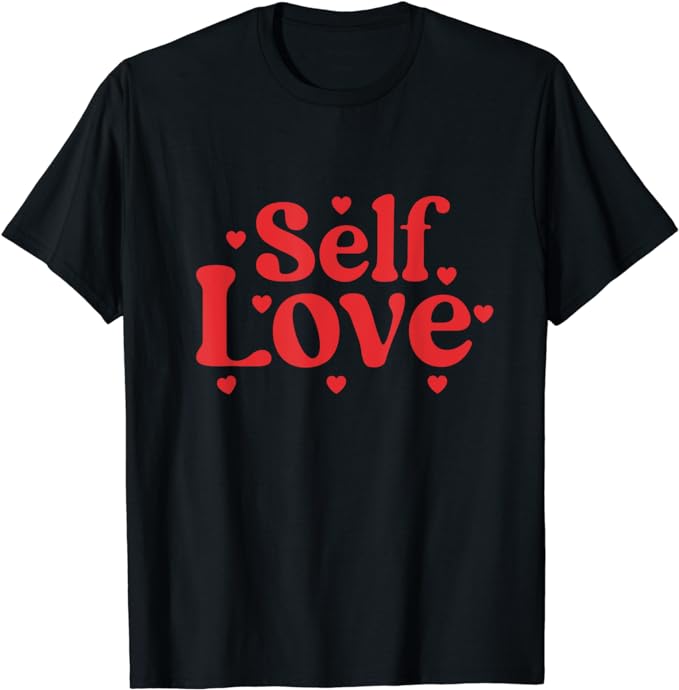
Plan for it.
Make Valentine’s Day a day of self-care. Don’t be alone. If your finances allow, go out to dinner with friends. If not, invite friends in for a potluck meal or a big pasta dish and salad that you can afford.
Buy yourself a present.
If you are widowed, get yourself the flowers or chocolates or special wine your spouse would have gotten you. Buy the card you would have gotten them and write it out with all the longing and loss that you feel—express your love as you felt it when they died.
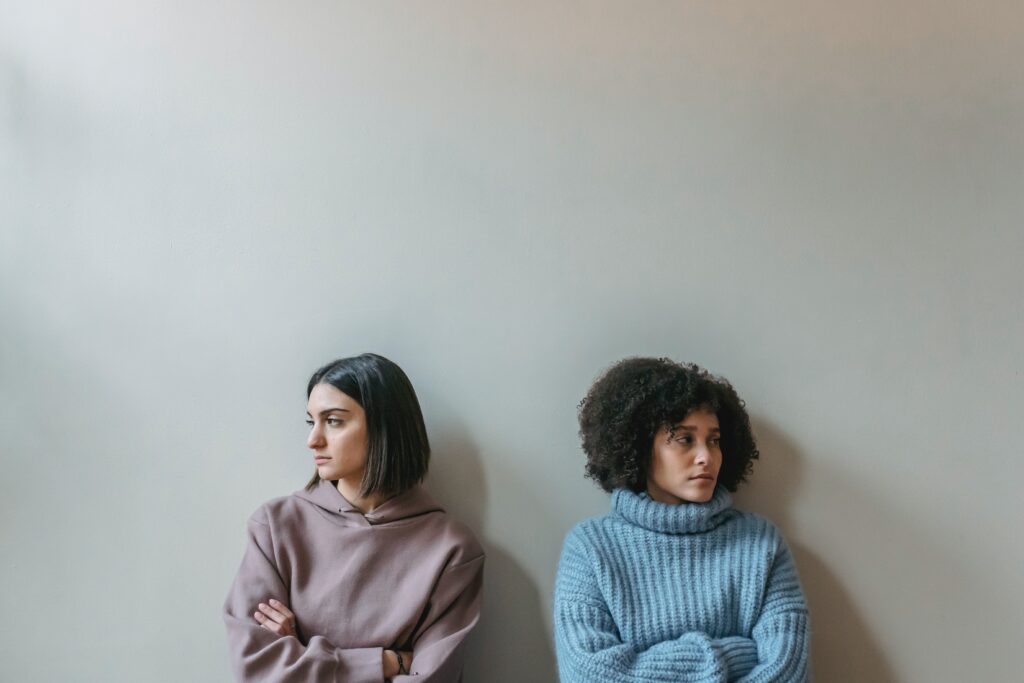
Avoid conflict.
If you share kids with a divorced spouse, make sure you don’t have to see them on Valentine’s Day. It’s too much and you will both be better off not running into each other on such an emotionally loaded day, even if things are amicable between you.
Be gentle with yourself.
Remember that millions of people are also going through what you are—widowed, separated, divorced, single. This isn’t a bug, it’s a feature, so treat it as one: you aren’t the reason your spouse died, your life is full in a myriad of other ways despite your widow(er)hood, your divorce, your singleness. You don’t need another person to be fully you—you are just missing that person who was the grace note to that otherwise full life.
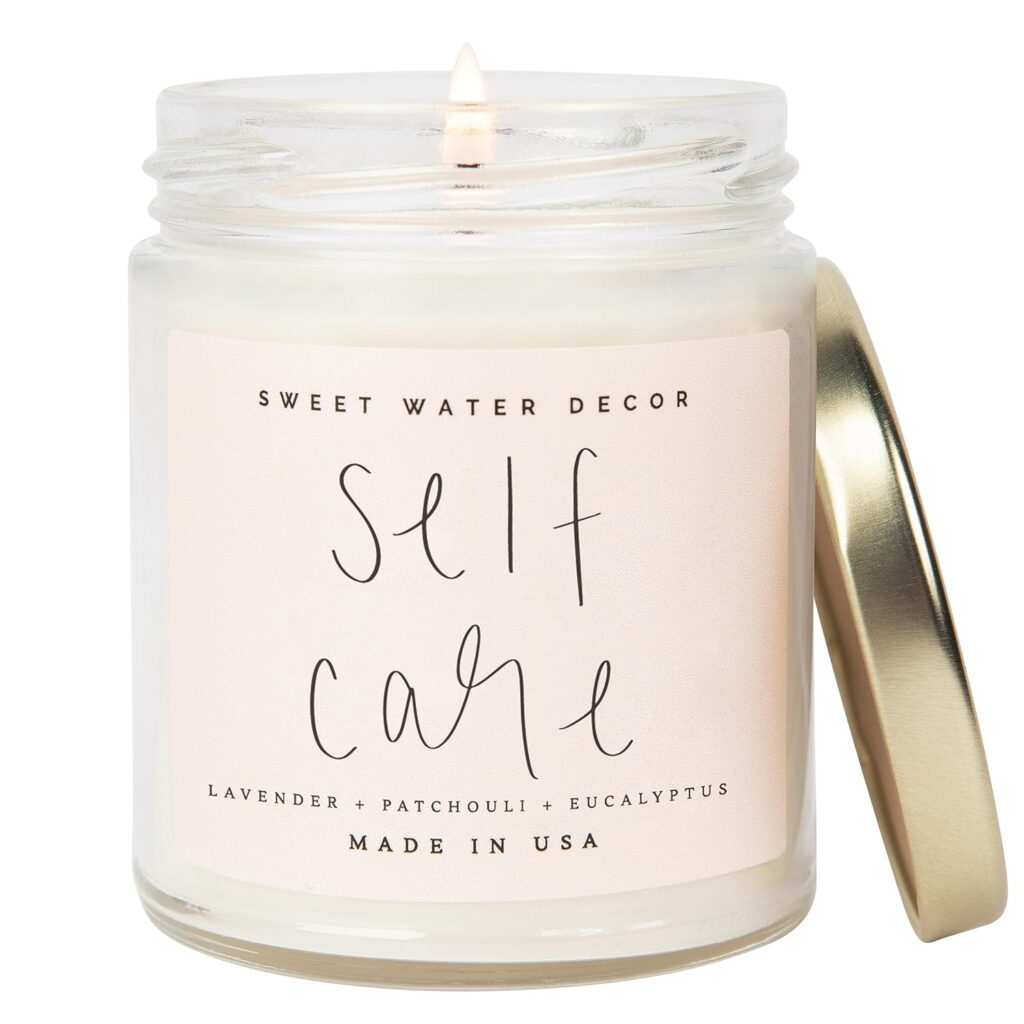
Eat. Sleep. Breathe.
It’s essential, say mental health professionals, to treat the grief that comes with loss as if it were an illness, because the impact on your body and heart can be similar. When Edie Windsor’s first wife, Thea Spyer died after their decades-long relationship, Windsor was hospitalized with broken heart syndrome.
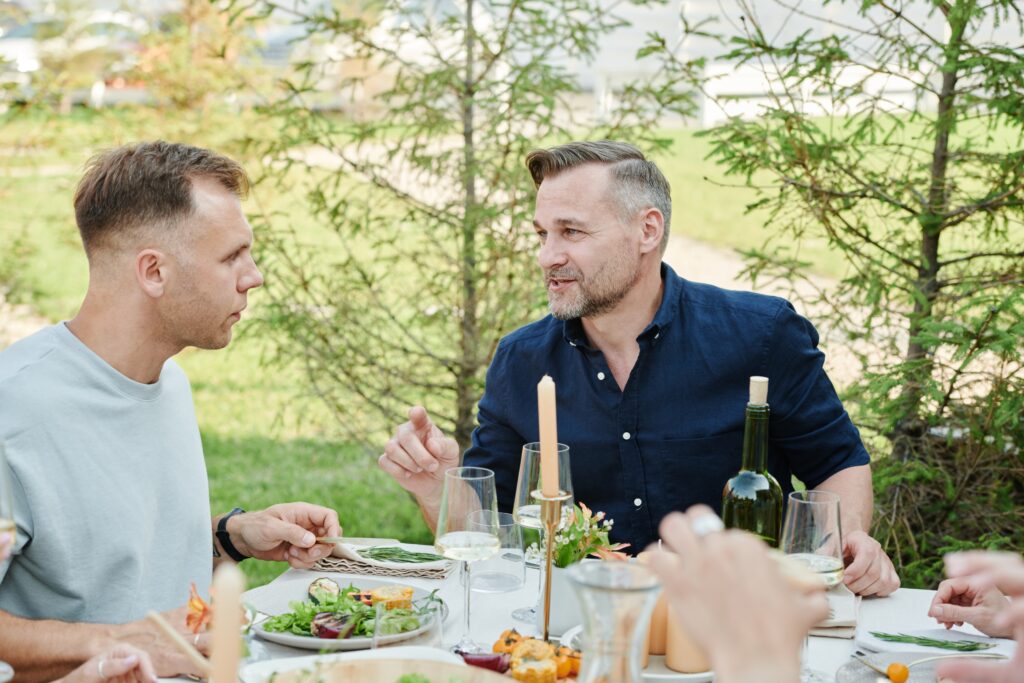
Therapists have a plethora of suggestions for how to heal yourself on Valentine’s Day and beyond. Anne Wilson, a psychology professor at Laurier University says Valentine’s Day can be tough for singles because of the connotations attached to the date.
It “valorizes” being linked to another person in a romantic relationship, she says, while “emphasizing societal stigma against singlehood.”
Wilson added, “Society tends to assume that the norm is to be in relationships, and tends to be a bit negative about being single, even though a lot of single people lead very fulfilling lives.” And, she said, “it can add some external pressure where people feel like they should be in a relationship.”
Words to live by
Some good advice from a surprising source is this, from Cosmopolitan magazine. In “How to Win at Being Single on Valentine’s Day,” Cosmo says, “Being single on Valentine’s Day—much like being single on literally any other day of the year—is very much not a big deal.”
“It’s also not a reflection of your attractiveness, your value as a human being, or any of the other things Hallmark movies, rom-coms, and/or the Valentine’s Day Industrial Complex want us to believe it is. Whether you’re single by choice (hi, yes, that is a real and valid choice that people make!), getting over a breakup, or stuck in an ambiguous situationship, there’s literally nothing weird about not having a romantic partner—on Valentine’s Day or any other day.”
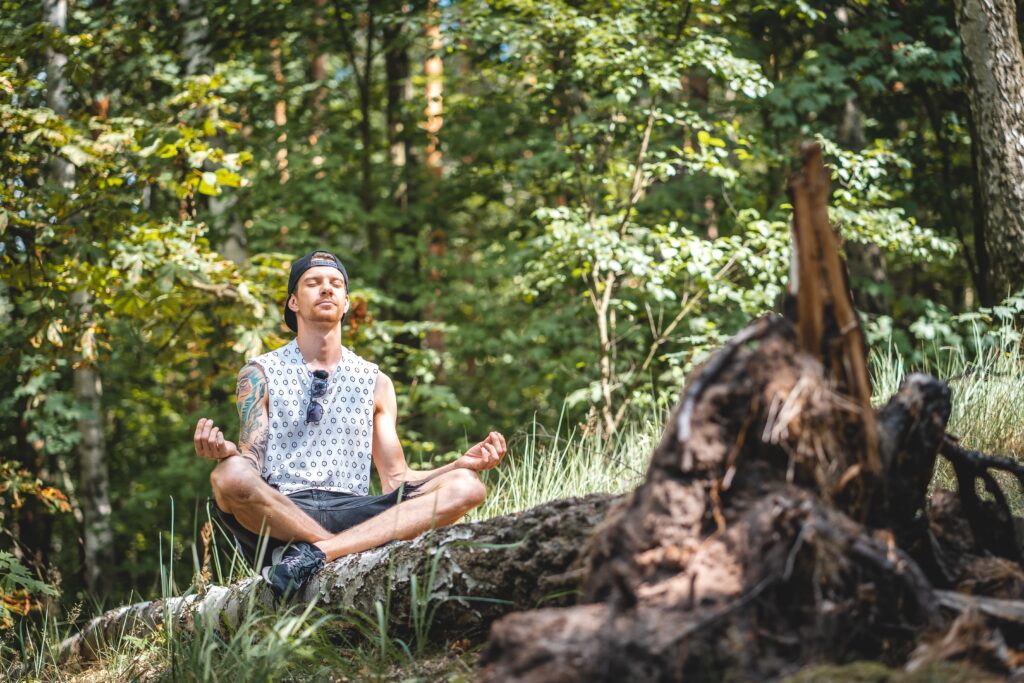
Despite the unlikely heteronormative source, these seem like words to live by, the ultimate affirmation of who you are as an individual and your personal value. You are not less without a partner. That’s fake news from the land of the Norman Rockwellian imagery that always told us America was white and cis-het and not us.
Which points to another element of why Valentine’s Day can be difficult for LGBTQ people who are single, for whatever reason: coupledom often feels like validation in a society where homophobia and transphobia are pervasive.
Talkspace offers “Therapist Tips & Techniques” for singles on Valentine’s Day in which “prioritizing self-care” and appreciating one’s independence and expanding your interpersonal connections.
NBC’s Today show offers, “Single and alone on Valentine’s Day? 10 things you can do to show yourself some love.” Phyllis Ginsberg, M.A., MFT and author, tells TODAY.com, rather than dwelling on your relationship status, make the most of the day by putting yourself first.
Remember: As bell hooks said, “The one person who will never leave us, whom we will never lose, is ourself. Learning to love our female selves is where our search for love must begin.”
BOOKS TO HELP YOU GET THROUGH VALENTINE’S DAY, SOLO

